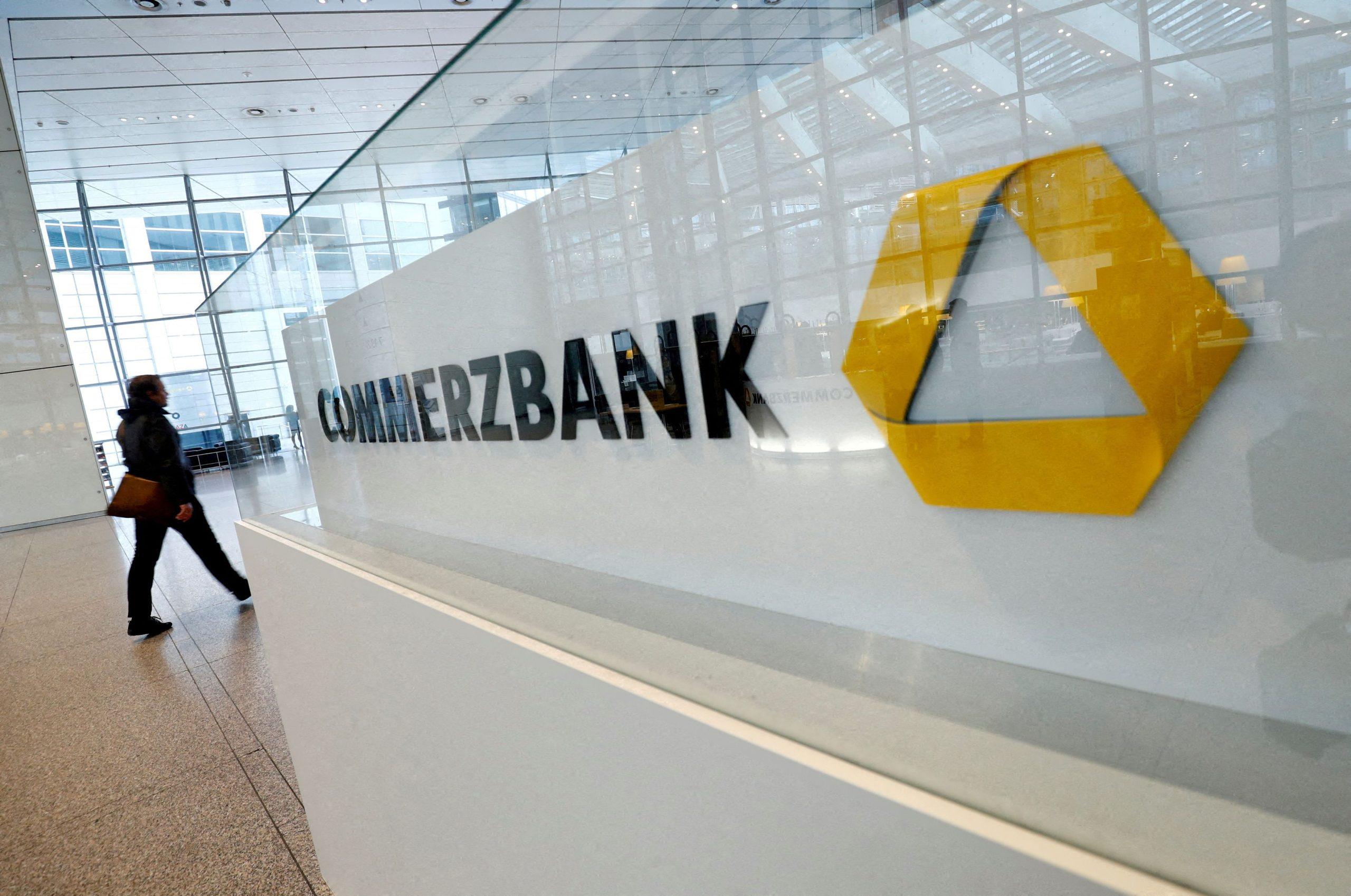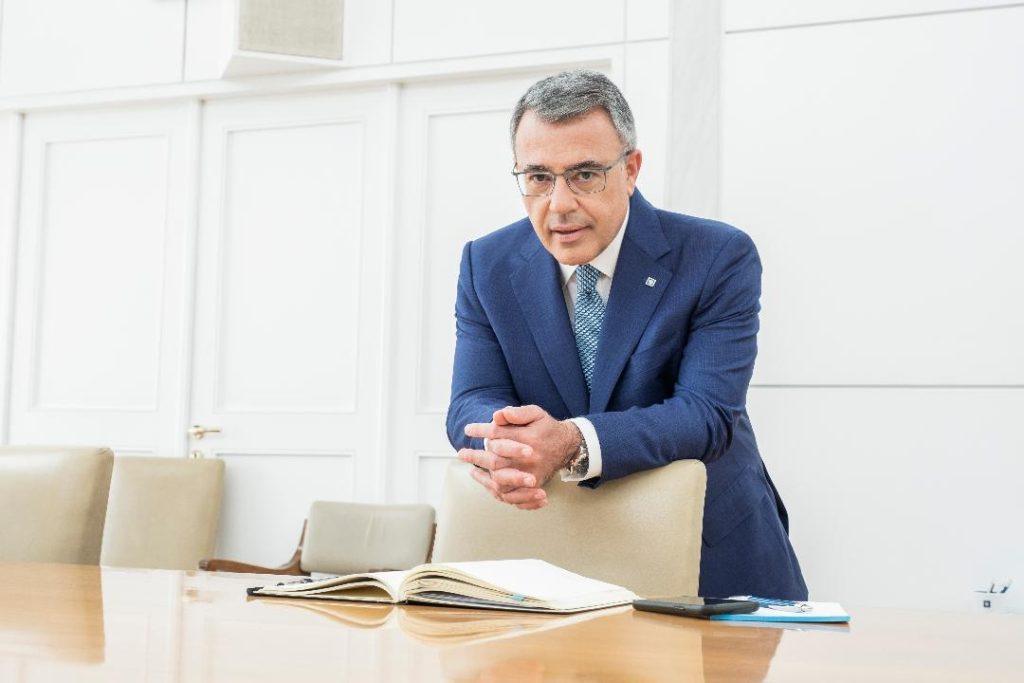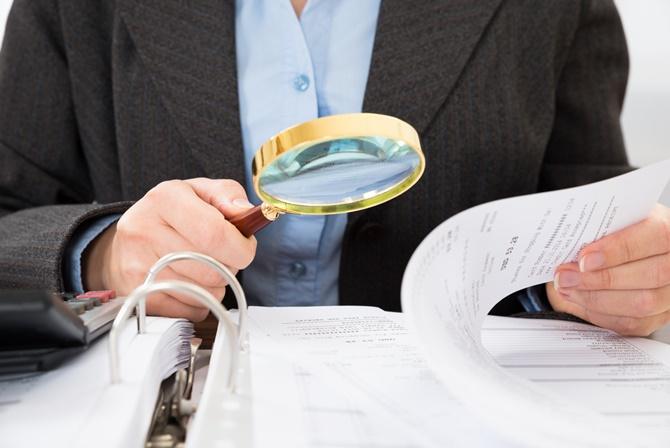Greece is experiencing a peculiar brain drain, in which the numbers have dropped, but it’s the best brains that are leaving. The big question now is whether Greece can make itself attractive to the smartest, most able and entrepreneurial of its citizens.
There are opinions former US Treasury Secretary and former Harvard President Larry Summers expressed in an interview with TA NEA and on the sidelines of the Economist Impact—Athens Gala Dinner.
As he said, Europe as a whole is facing both a demographic crisis and a brain drain—problems which would be better faced by 70-year-old politicians and 30-year-old entrepreneurs than the 30-year-old politicians and 70-year-old entrepreneurs who will actually have to deal with them.
As Summers sees it, Europe needs to become more flexible and invest in technology and productivity, using the common currency as a flexible tool for raising capital. Europe’s problem is located chiefly in Germany, whose economic model relied on importing energy from Russia and production from China under the protection of the USA. Now all three of those pillars are more fragile than they were a year or two ago.
Rising living costs and inflation are a serious problem in Greece and beyond. In the case of the Greek market, what would be the more drastic solution: cutting indirect taxation or providing incentives for new players to enter the market and make it more competitive?
The correct answer is all of the above. In general, it is better to have direct than indirect taxes, particularly when you have inflation challenges. The right policy is not to choose one weapon to go after inflation, but to take a multi-faceted approach.
Do you think the ECB should cut interest rates?
I suspect Europe will need to reduce interest rates at some point this year, but I don’t think now is yet the time. The data isn’t clear enough to make a change in interest rate policy.
Turning to the global economy, the IMF estimated that the trade war between the US and China, coupled with all the fragmentation and disruption that entails, could knock $7.4 trillion off global GDP. What is your opinion on the issue? What is the best course of action, do you think?
If countries can get along better and achieve greater integration, I don’t think there’s any question that that makes a contribution to prosperity. So I believe that there is no substitute for diplomacy, in either the economic realm or the security realm. If we are to move forward, we need to build stronger relations between countries, which will contribute to everyone’s prosperity. Europe is going to have to adapt and modernize its economy. Its economic strategy, particularly in Germany, was overly reliant on importing energy from Russia in order to produce goods to sell to China, while relying on a security umbrella provided by the United States. I think all three pillars of that strategy are looking more suspect than would have been the case a year or two ago.
As a European Union, are we on the right track?
There is a need for more Europeanization. There is a need for more comfort with informality, for more technological flexibility. I think there’s a need for more support for entrepreneurship, too, and more veneration of youth in the business community. It’s better to have entrepreneurs in their 30s and political leaders in their 70s than political leaders in their 30s and entrepreneurs in their 70s. And that’s a bit of a challenge.
What do we need to improve here in Greece?
You need to figure out how to be attractive to your most able and intelligent and entrepreneurial citizens. My sense is that you still have a non-trivial brain drain problem. You have to figure out how to create an economic environment that can be more challenging and more receptive to some of the most able people who are born here in Greece, and to some of the most able members of the Greek diaspora. That’s very, very important.
* The video of the whole interview is available at in.gr
Source: tovima.com
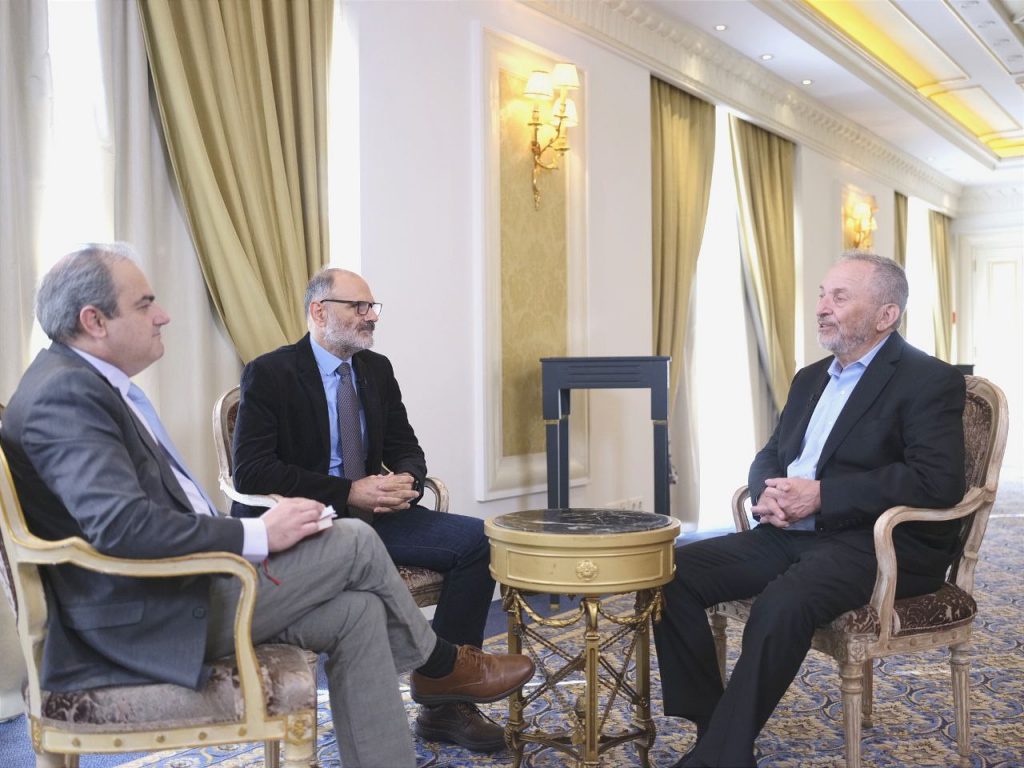
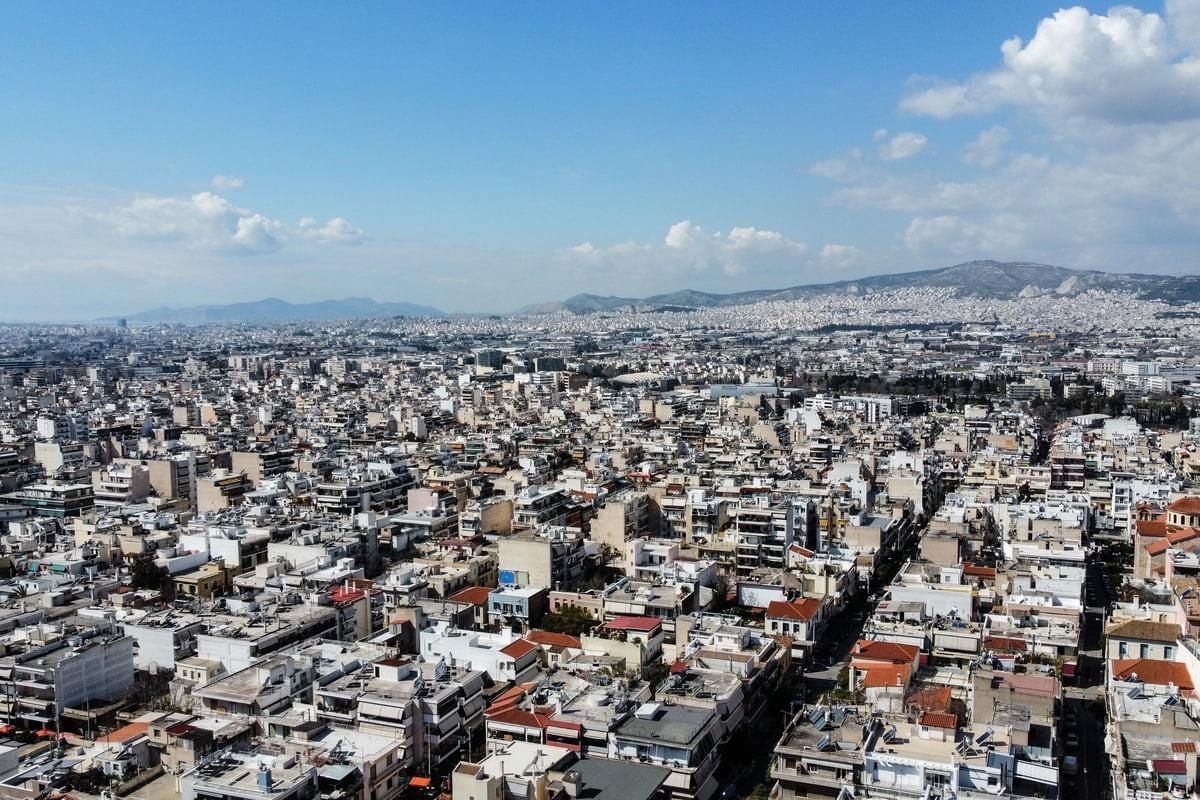

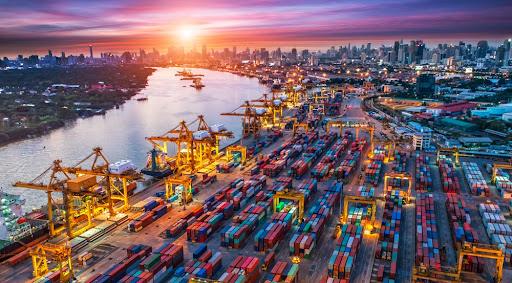



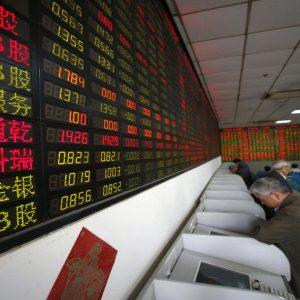
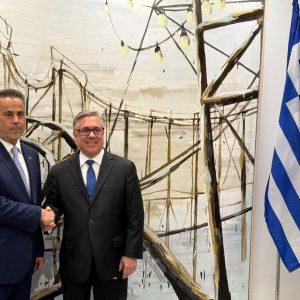
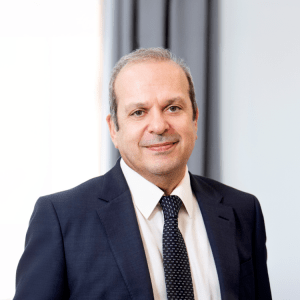

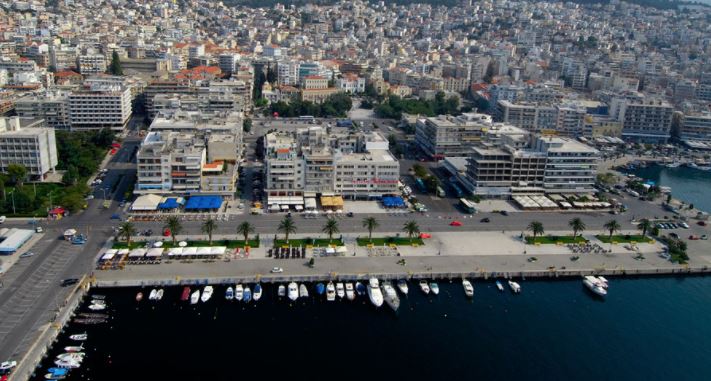





![Σπίτι μου: Πόσο αυξήθηκαν οι τιμές στα ακίνητα [πίνακες]](https://www.ot.gr/wp-content/uploads/2025/05/ot_akinhta_Athens_thessaloniki-1024x600-1.png)



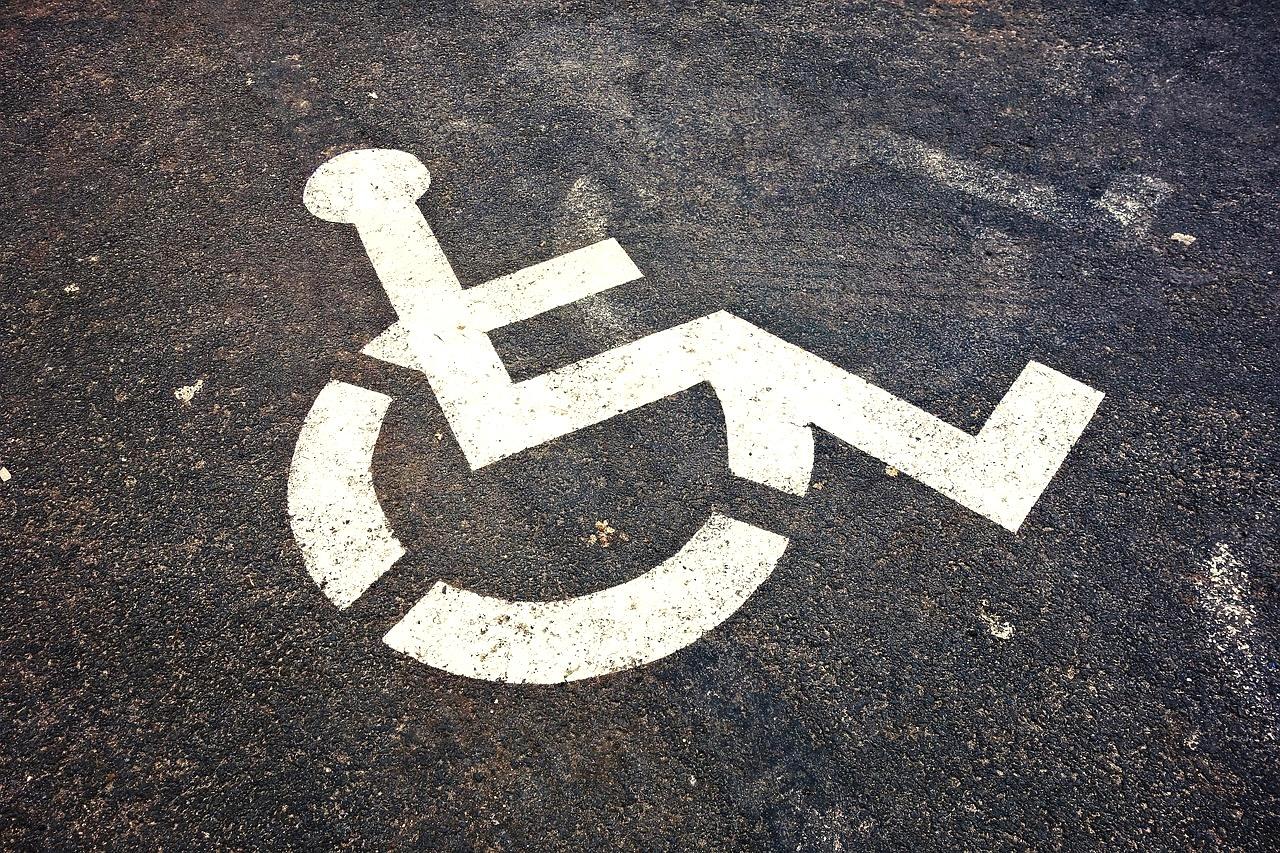

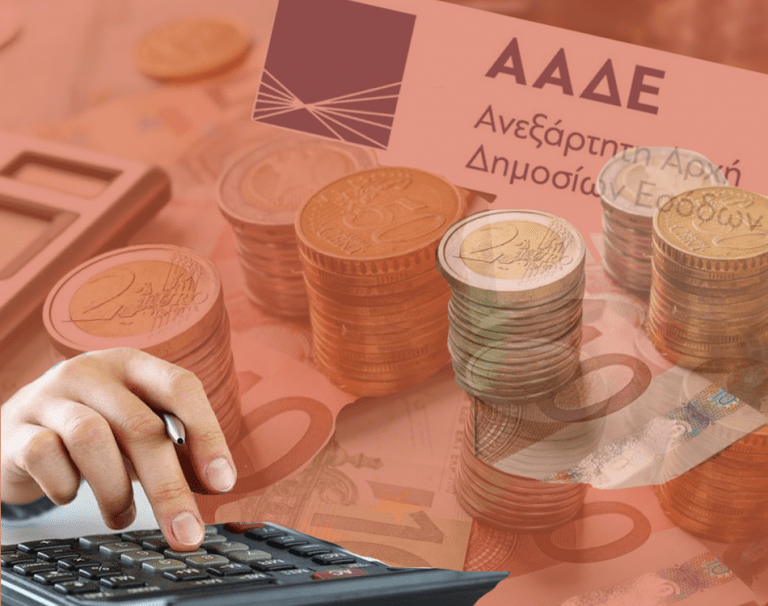
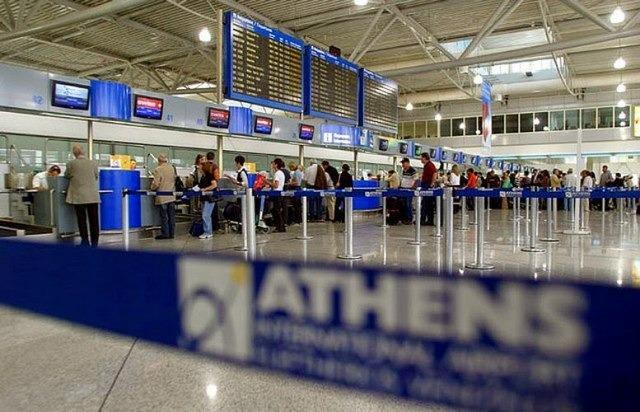

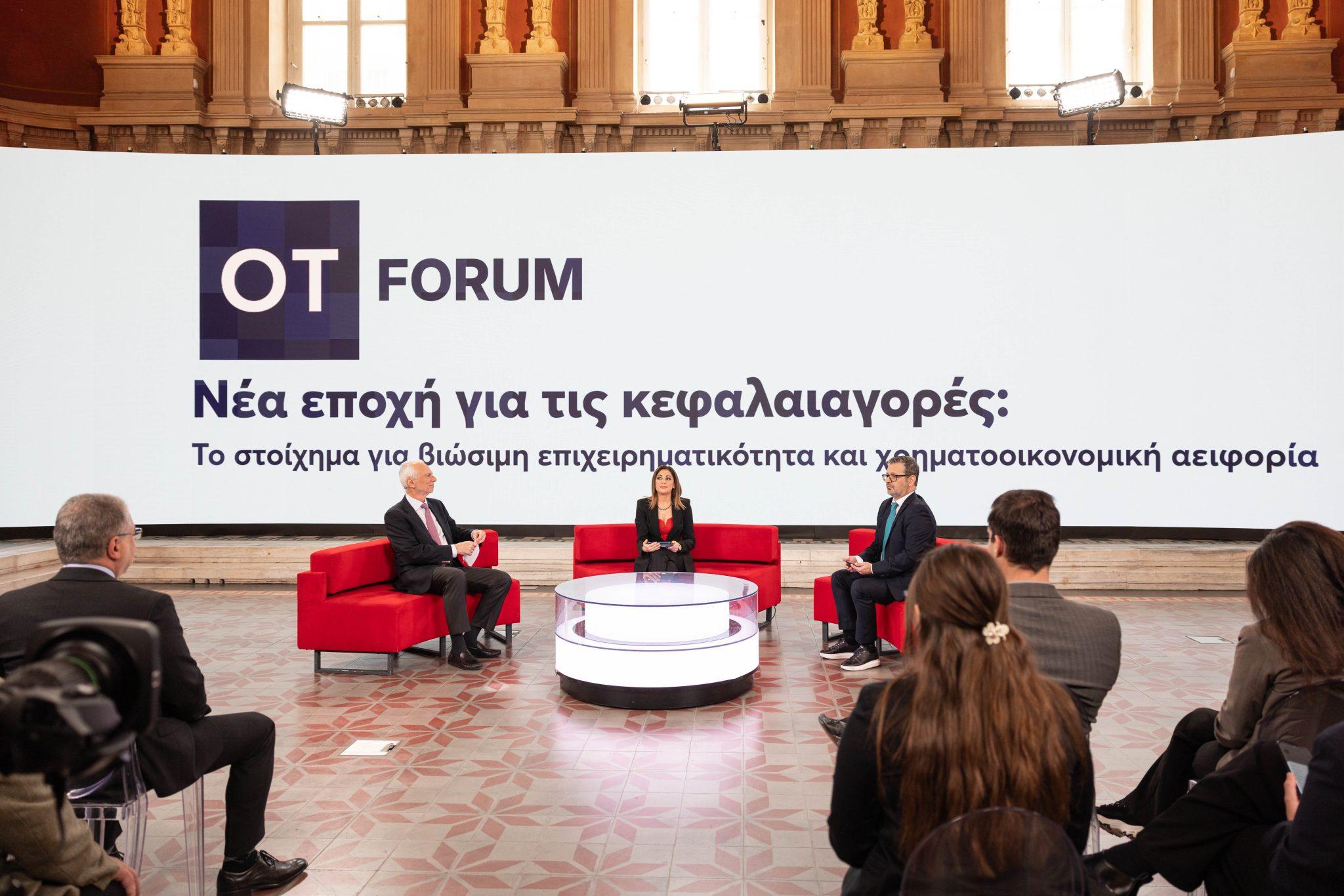


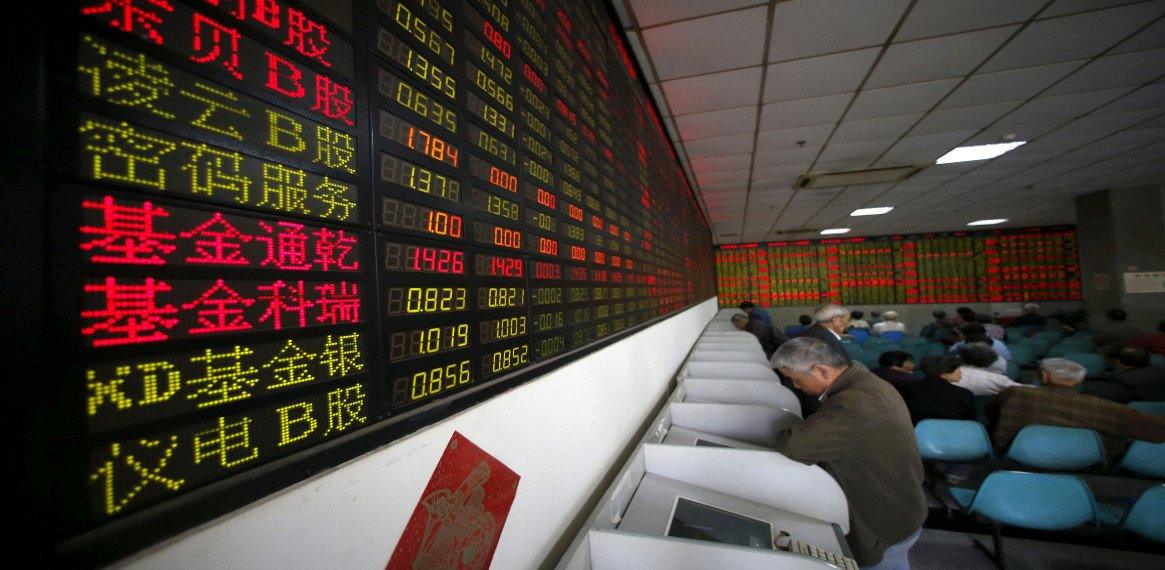

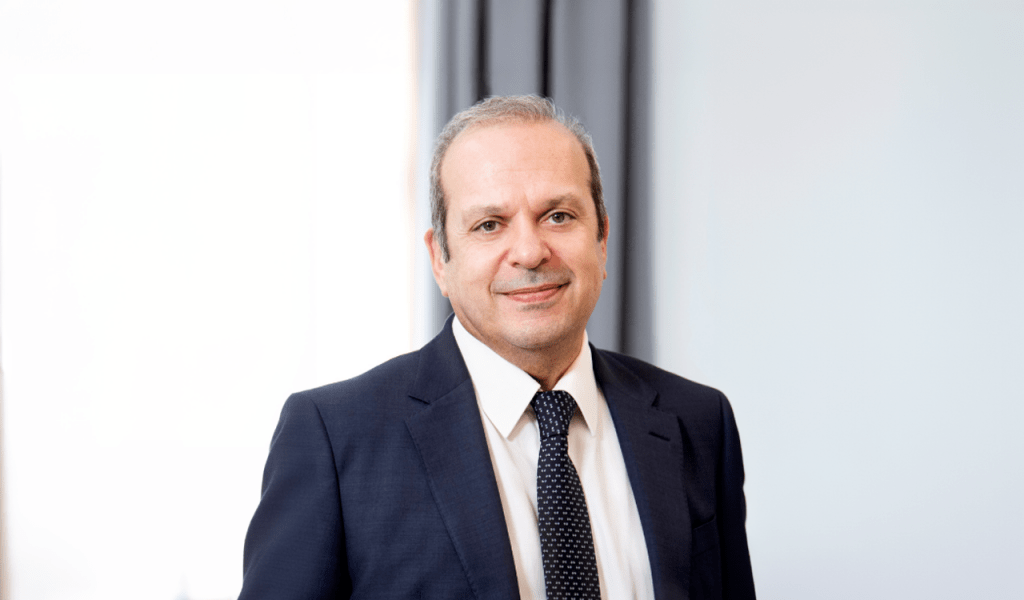

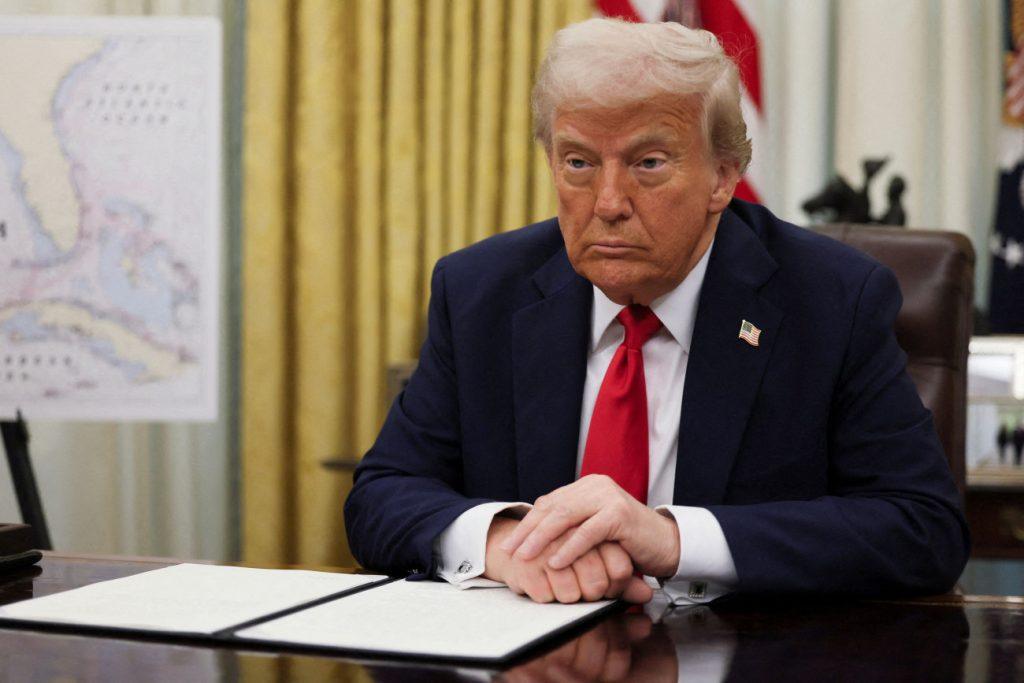
![Ξενοδοχεία: «Τσίμπησε» η πληρότητα τον Μάρτιο – Οι τιμές σε σχέση με άλλες πόλεις του εξωτερικού [γραφήματα]](https://www.ot.gr/wp-content/uploads/2025/05/entering-hotel-room-2021-09-02-07-57-46-utc-1024x768-1.jpg)
